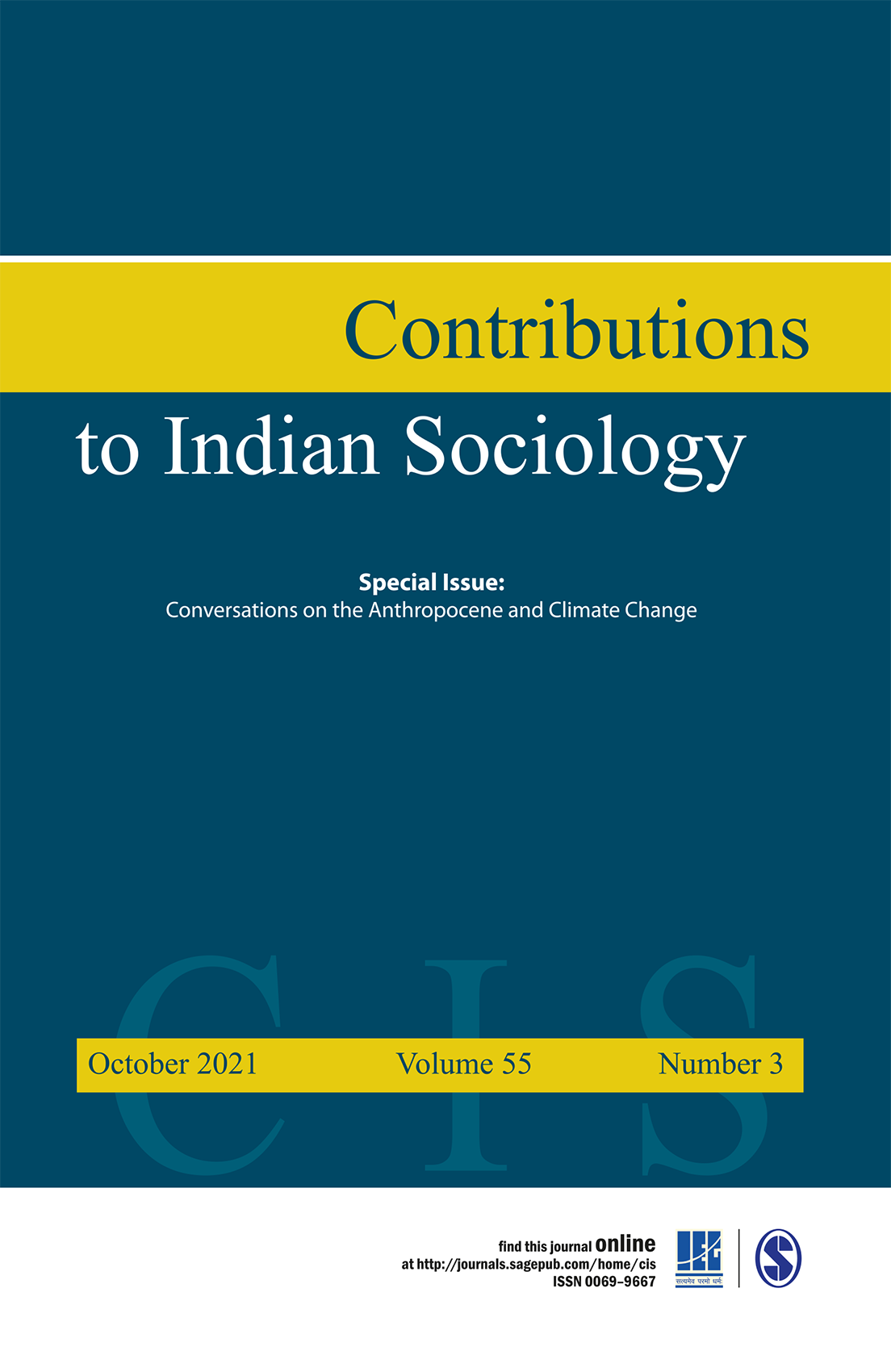Participatory Theater Empowers Women: Evidence from India
Speakers:
Sattwik SantraCentre for Studies in Social Sciences, Calcutta
Domestic violence is common, costly, yet widely accepted in many countries, which makes legal prohibitions largely ineffective. Can participatory theater – a novel, cultural intervention – make domestic violence socially unacceptable? Community based participatory theater gives communities the means, in fictional but nonetheless familiar situations, to analyze oppression, interrogate the oppressors, rehearse resistance, and negotiate standards of behavior. We use an endogenous treatment model and a random sample of over 3,000 couples in West Bengal, India to estimate the impact on domestic violence of village exposure to Jana Sanskriti, one of the world’s largest participatory theater organizations. We find that it reduced physical abuse by a quarter and reduced by more than half the proportion of husbands who viewed wife beating as legitimate. By motivating individuals to rescript stories of oppression and rethink their collective representations of domestic violence and manhood, participatory theater triggered durable social change.






